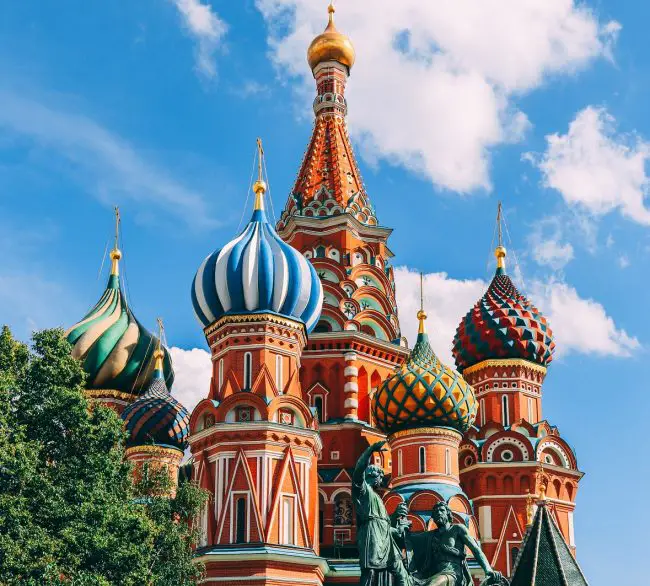This week the Russian central bank reported that the nation continued to increase its foreign currency reserves, which as of October 20th stood at $569.6 billion.
The regulator noted that the volume of foreign currency reserves increase by 0.6% to $3.6 billion over the week from October 13, mostly attributable to “a positive market revaluation.”
The historic high for the stockpile was reached in February 28th, 2022, when it hit $643.2.
Shortly thereafter in March, Western central banks froze about half of the holdings in response to Ukraine-related sanctions, and banned any operations relating to their management. The gold and foreign currency, including Chinese yuan, which made up the remaining assets were held within their countries.
Last month, speaking at the Eastern Economic Forum in Vladivostok, Russian President Vladimir Putin announced that Russia had already earned twice the amount of gold and foreign reserves which had been frozen by the West in 2022. He further pointed out that the actions taken to freeze Russian assets had triggered an “erosion of credibility” for the Western financial system.
President Putin said, “I know that our gold and foreign exchange reserves are frozen. Yes, we have already earned twice as much. But we’re not even talking about this $300 billion, we’re talking about undermining trust in those who did this.”
Economists have noted that the seizure of Russian assets triggered a loss of confidence in the Western financial system among many nations, which feared their dependence on it to settle foreign trade obligations would leave them at risk of being prone to harsh economic consequences through denial of access to the system, were their political decision-making ever to differ from Washington DC’s.
As a result there has been a push toward de-dollarization among many countries, and toward the settlement of trade transactions in local currencies, or in other nation’s currencies, such as the Chinese yuan.
Meanwhile the West has debated using the profits from the investment of Russian assets to cover reconstruction costs in Ukraine. However Russia has warned, such an action would provoke a reciprocal action by the Kremlin with respect to Western assets held in Russia.

